
Goethe, was a precocious youngster. At an early age he had already acquired some knowledge of Greek, Latin, French and Italian. He had likewise acquired from his mother the knack of story telling; and from a toy puppet show in his nursery his first interest in the stage.
Goethe's early education was somewhat irregular and informal. When he was about 16 he was sent to
Finally, in 1770 Goethe went to Strassburg, this time really intent on passing his preliminary examinations in law. Along with his study of law, he studied art, music, anatomy and chemistry. A strong friendship with the writer, Herder, was likewise no part of Goethe's experience at this time, a contact which was of considerable importance in these formative years.
In 1771 Goethe returned to
Goethe's invitation in 1775 to the court of Duke Karl August at
The writing of Faust, however, that best known of Goethe's works, extended over practically the whole of Goethe's literary life, a period of 57 years. It was finally finished when Goethe was 81. Faust is in reality a dramatic poem rather than a piece for the stage.
Others of Goethe's works which have stood the test of time include: Clavigo, Egmont, Stella, Iphigenia in Tauris and Torquato Tasso.
†Form an article originally published in Minute History of the Drama. ed. Alice B. Fort & Herbert S. Kates.
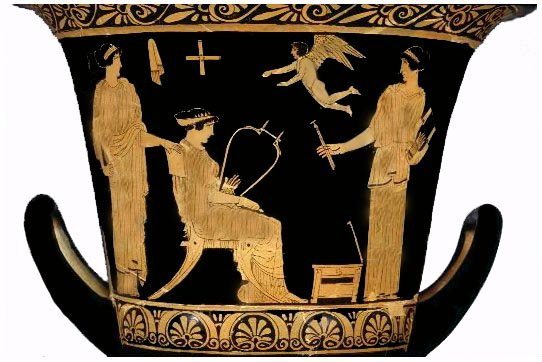
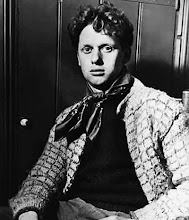



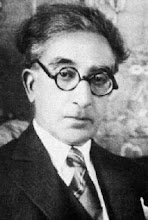
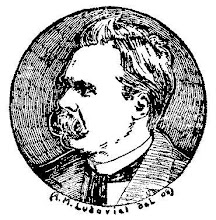
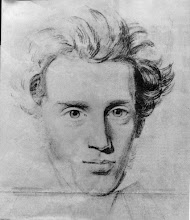


No comments:
Post a Comment